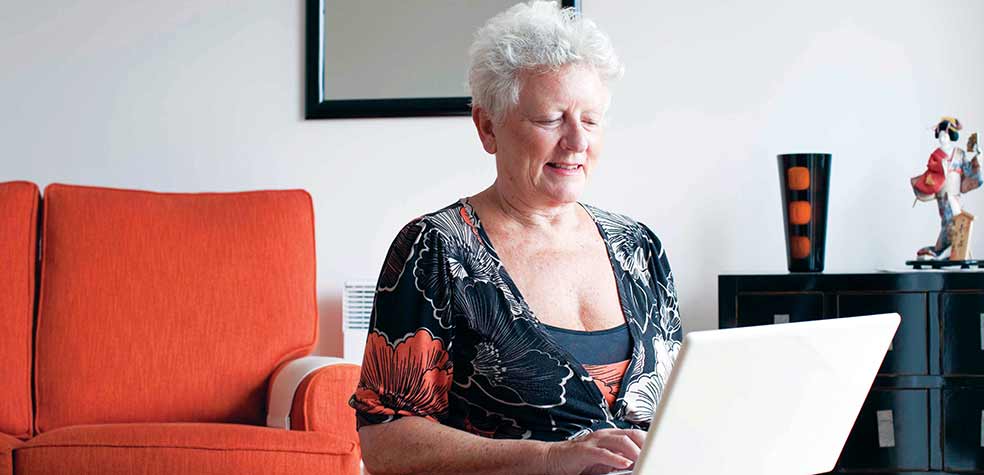Trace your family tree

Have you ever wondered who your ancestors were and what life was like for them?
Researching family history is a hobby that’s booming in popularity, especially since archives became accessible online and TV shows such as ‘Who do you think you are’.
We aim to answer your questions about genealogy, and look at what's involved and how you can get started.
What’s genealogy all about?
The word Genealogy stems from the Greek for 'generation' and 'knowledge'. Essentially, it’s the study of families and the tracing of their lineages and history.
Your approach to genealogy will depend on your particular interests. For instance, you might want to find out if you’re related to somebody famous, or discover the truth about a family legend.
For example, Mary, who has been researching her family history, has found out there’s something special about visiting the place where your ancestors lived.
She said, ‘I can imagine the scene and walk across the same land that they did. To see a place through the eyes of your ancestors gives you a great sense of connection’.
How do I get started?
It can be tempting to dive straight in and search for a particular ancestor but this tends to produce a lot of results which can be confusing. So it’s best to start with yourself and then work backwards, finding proof that connects each generation together.
Through public records you can find evidence in birth certificates, marriage certificates and Wills for instance. Talking to people and writing to relatives could also provide clues and ultimately your detective work could take you anywhere from local graveyards and memorials to record offices abroad.
National Archives
Get more information about the official archive in Kew.
Isn't it a lot of hard work?
Yes, tracing your family tree can be a very time-consuming hobby, but don't underestimate the thrill of unearthing results! Some days will be more successful than others so you can expect peaks and troughs as you gradually piece parts of the puzzle together.
You may also find that you can share some of the work load when your research over-laps with someone else's. That's just one reason to make contact with people who are connected to your family tree.
In fact, a large part of the fun is about sharing research and stories, so it's not all about paperwork.
What do I do with all the information?
Take care to keep all of your research well organised so you can come back to it at any time. Many of the dedicated websites will guide you through the process of building a family tree online which you can update as your research progresses.
These websites can also alert you to anyone else researching the same people as you, giving you the opportunity to share your work.
What else you do with the information will depend on which aspects take your interest. You may decide to learn more about a particular ancestor, or the social history of a certain time or even connect with living relatives from a different family line.
What do I do next?
The UK government's official archive holds records which can help you find out about people's lives, deaths and careers. There are also a lot of websites that charge for information.
Age NI Advice Service
Every year our Advice Service deals with thousands of calls from older people in need. Call us today to make sure that you are receiving all the help and support available to you.
